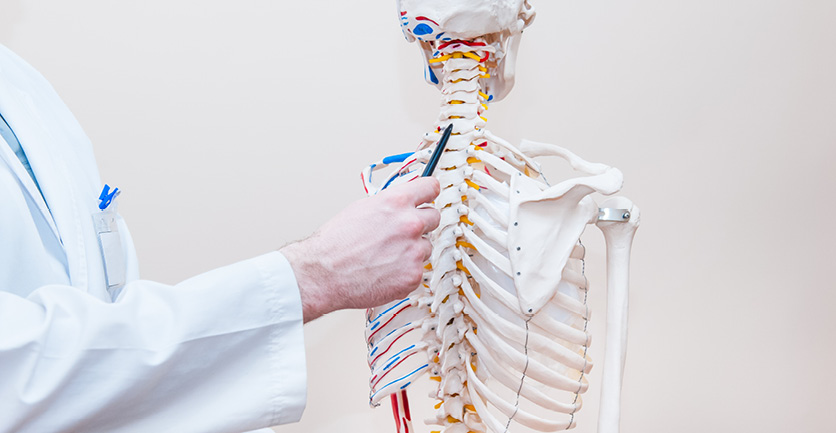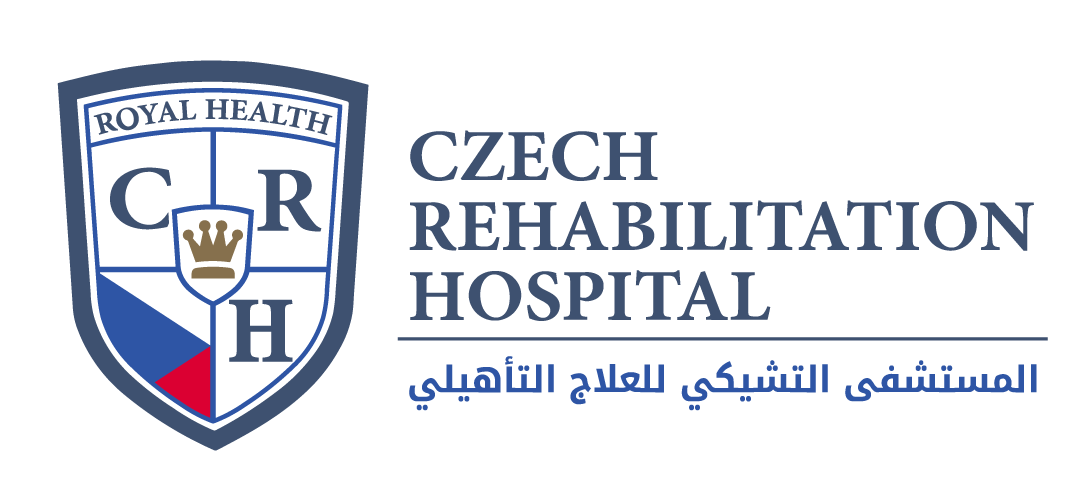
Neuropathy or Neuropathies refers to general diseases or malfunctions of the nerves and can occur in one or more places anywhere in the body. It can be classified by the types or location or the nerve /nerves affected and / or by the cause:
- Peripheral Neuropathy – affecting the nerves away from the brain and spinal cord, mainly in the extremities i.e. arms, legs, fingers, toes.
- Focal Neuropathy – affecting one particular nerve or nerve groups or one part of the body
- Cranial Neuropathy – when one or more of the 12 nerves (directly from the brain) are affected and commonly affect the face, hearing and vision.
- Autonomic Neuropathy – when nerves that supply organs are affected and can cause problems such as changes in blood pressure, bladder and bowel dysfunction.
E.g. Diabetic Peripheral Neuropathy may cause a change in sensation (usually decreased) in the feet.
Neuropathies can cause significant changes in sensation, function and pain and can contribute to other problems such as wounds and poor healing affecting quality of life.
Our approach
We offer an interdisciplinary and holistic approach to the treatment of neuropathies using medical management, therapies and education to treat existing conditions and also prevention.
Our experts aim to restore function and quality of life by addressing factors contributing to neuropathies and developing an individualized program following thorough assessment and goal setting. Our programs empower the individual to take control and manage their condition in order to regain independence with medical support, education, behavior modification and exercise.
Our Patients
Our programs will focus on, but not limited to, the following individuals experiencing loss of function due to neuropathies caused by:
- Diabetes
- Trauma.
- Cancer Treatment.
- Vitamin deficienciesInfection.
- Infection
- Genetic or Inherited disorders (e.g. Friedreich’s Ataxia)
Treatment, Research & Technology
The Hospital offers both an inpatient and outpatient individualized program and combines evidence-based treatment and innovation based on current and evolving technologies to restore function and quality of life.
Outcomes
Studies show that patients treated in an acute rehabilitation hospital achieve better outcomes than those in other care settings.We will achieve in time a greater improvement during their stay and a higher level of functional independence upon discharge , based on national benchmark that measure criteria such as locomotion, cognitive ability and activities of daily living


